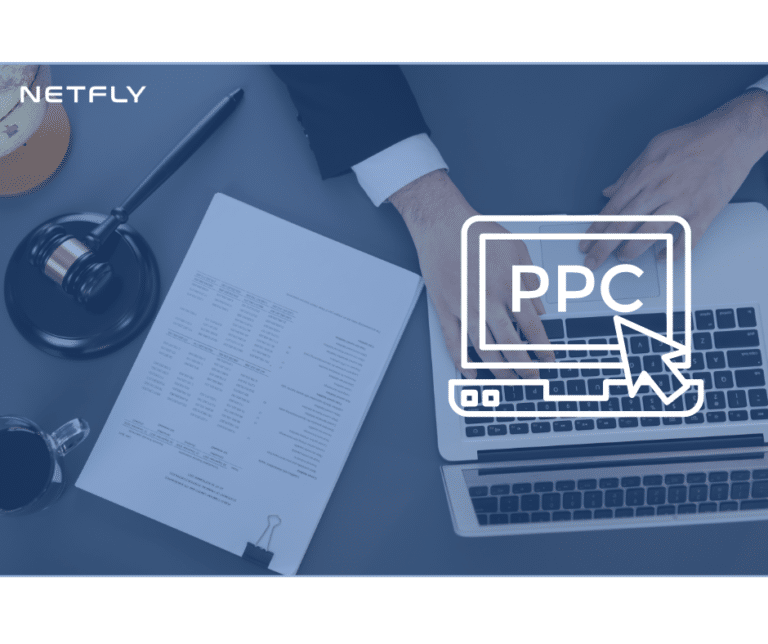In the ever-evolving legal marketplace, steering ahead is like piloting a ship through uncharted waters. You can’t afford to overlook the critical marketing trends that can anchor your law firm’s growth and client engagement. Embracing digital transformation, from virtual consultations to data analytics, is no longer optional but a necessity. Personalizing client experiences and leveraging SEO strategies can make a significant impact on your firm’s reputation and client retention. But how do you effectively implement these strategies without overwhelming your resources? Let’s explore the essential steps to guarantee your firm remains at the forefront of the industry.
Key Takeaways
- Leverage data analytics for smarter decision-making and targeted marketing campaigns.
- Invest in SEO strategies to drive website traffic and improve search engine rankings.
- Embrace digital transformation with virtual consultations to enhance client engagement and satisfaction.
- Personalize client experiences to increase satisfaction, loyalty, and repeat business.
- Utilize social media marketing to extend reach, build trust, and acquire new clients.
Embrace Digital Transformation
In today’s competitive legal landscape, embracing digital transformation isn’t just a trend; it’s a necessity backed by data showing that firms leveraging technology see up to 30% higher client engagement. To stay ahead, you must integrate tools like virtual consultations and cloud computing into your practice.
Virtual consultations are a game-changer. They allow you to connect with clients regardless of geographical barriers, making your services more accessible. This convenience translates to higher client satisfaction and retention rates. Plus, virtual consultations can reduce your overhead costs, freeing up resources for other essential aspects of your practice. Studies indicate that law firms offering virtual consultations report a significant uptick in new client acquisition and overall client engagement.
Cloud computing is another essential component. It ensures that your data is secure, accessible, and easily shareable. With cloud-based solutions, you can streamline your operations, facilitate real-time collaboration, and offer a more responsive service to your clients. Research shows that firms utilizing cloud computing experience a 20% increase in productivity. By adopting these technologies, you’re not just improving efficiency; you’re also setting a foundation for future growth and adaptability in an ever-evolving legal landscape.
Personalize Client Experiences
Tailoring client experiences to individual needs can lead to a 25% increase in client satisfaction and loyalty, making it a critical strategy for any law firm aiming for long-term success. Personalization starts with actively seeking client feedback. By understanding their unique concerns and preferences, you can craft tailored messaging that resonates on a deeper level. This approach not only demonstrates that you value their input but also builds a stronger client-lawyer relationship.
When you personalize interactions, clients feel more understood and appreciated. For instance, using client feedback to refine your communication style or adjust your services can have a substantial impact on their overall experience. Imagine sending tailored messaging that reflects their specific legal needs and past interactions with your firm. It’s a small touch that makes a significant difference.
Moreover, personalized experiences are proven to drive repeat business. Clients who feel personally attended to are more likely to return and recommend your services. Implementing a strategy that emphasizes individualized attention isn’t just a trend; it’s a necessity in today’s competitive market. By focusing on what your clients truly value, you’re not only enhancing their satisfaction but also securing your firm’s growth and reputation.
Leverage Data Analytics
Harnessing the power of data analytics can revolutionize your law firm’s marketing strategy by providing actionable insights that drive smarter decision-making. By leveraging predictive analytics, you can anticipate client needs and market trends with greater accuracy. This proactive approach allows you to tailor your services and marketing efforts more effectively, positioning your firm as a forward-thinking leader in the legal landscape.
Client segmentation is another critical aspect of data analytics. By categorizing your clients based on specific criteria such as case type, demographic information, or past interactions, you can create more targeted marketing campaigns. These tailored strategies not only improve client engagement but also enhance conversion rates, leading to increased revenue for your firm.
Moreover, data analytics can help you identify the most effective channels for your marketing efforts. Whether it’s social media, email campaigns, or traditional advertising, understanding where your clients are most active allows you to allocate resources more efficiently. This guarantees that your marketing budget is spent wisely, maximizing your return on investment.
Incorporating data analytics into your marketing strategy isn’t just about keeping up with the competition; it’s about staying ahead. Embrace the data-driven future and watch your law firm thrive.
Invest in SEO Strategies
Optimizing your law firm’s online presence through effective SEO strategies can greatly enhance your visibility and attract a steady stream of potential clients. SEO isn’t just a buzzword; it’s a data-driven approach that can have a profound impact on your firm’s bottom line. According to a study by BrightEdge, organic search drives 53.3% of all website traffic. By focusing on content optimization, you enhance your website’s chances of ranking higher in search engine results, making it easier for potential clients to find you.
Investing in high-quality, informative content is essential. Use keyword research tools to identify the terms your target audience is searching for and incorporate these into your blog posts, articles, and web pages. Additionally, backlink building is crucial. A report from Backlinko found that the number of domains linking to a page is the strongest correlation to ranking highly on Google. Reach out to reputable legal websites and industry blogs to secure backlinks, boosting your site’s authority and search engine ranking.
Incorporating these SEO strategies can give your law firm a competitive edge. With consistent effort, you’ll see increased web traffic, higher search engine rankings, and ultimately, more clients walking through your door.
Utilize Social Media Marketing
Harnessing social media marketing can greatly extend your law firm’s reach and cultivate deeper connections with potential clients. According to a 2022 ABA report, 35% of law firms that use social media have acquired new clients through these platforms. To capitalize on this, focus on platform selection—determine where your target audience spends their time. LinkedIn and Facebook often yield the best results for law firms, but don’t overlook emerging platforms like Instagram and Twitter.
Creating engaging content is essential. Share success stories, client testimonials, and legal tips to showcase your expertise and build trust. Data from HubSpot reveals that videos generate 1200% more shares than text and image content combined, making it a powerful tool for engagement. Consider live Q&A sessions or short informative videos to capture attention and provide value.
Analytics are your best friend. Use tools like Hootsuite or Sprout Social to measure the effectiveness of your posts. Track metrics such as engagement rate, click-through rate, and follower growth. By analyzing this data, you can refine your strategy, ensuring your content remains relevant and impactful. Your law firm’s social media presence can be a game-changer if executed strategically.
Frequently Asked Questions
How Can Law Firms Effectively Balance Traditional and Digital Marketing Strategies?
To effectively balance traditional and digital marketing strategies, you should leverage SEO optimization for online presence and use client segmentation to target specific demographics. Combining both approaches guarantees extensive reach and maximizes your marketing efforts.
What Are the Best Practices for Managing Client Reviews and Testimonials?
To manage client reviews and testimonials effectively, respond promptly to feedback, whether positive or negative. Encourage honesty by asking clients to share their genuine experiences. Data shows prompt, honest interactions build trust and enhance your firm’s reputation.
How Often Should Law Firms Update Their Marketing Plans?
Think of your marketing plan as a living organism; it needs regular updates to thrive. Review your marketing calendar quarterly, using data-driven insights to adjust strategies and stay ahead in the competitive legal landscape.
What Role Does Branding Play in a Law Firm’s Marketing Success?
Branding’s essential for your law firm’s marketing success. A strong brand identity and compelling visual storytelling can boost client trust by 73%, according to studies, making your firm more memorable and distinguishable in a competitive market.
How Can Smaller Law Firms Compete With Larger Firms in Marketing Efforts?
Smaller firms can outshine giants by laser-focusing on niche targeting and fostering deep community engagement. You’ll make waves by becoming the go-to expert in your specific field, backed by authentic, local relationships that big firms can’t replicate.
Conclusion
Think of your law firm as a ship sailing through the vast ocean of the digital age. By embracing digital transformation, personalizing client experiences, leveraging data analytics, investing in SEO, and utilizing social media marketing, you’re not just staying afloat—you’re charting a course for success. These strategies are your compass and sails, guiding you through competitive waters and leading you to new horizons of growth and client satisfaction. Ready to set sail?










